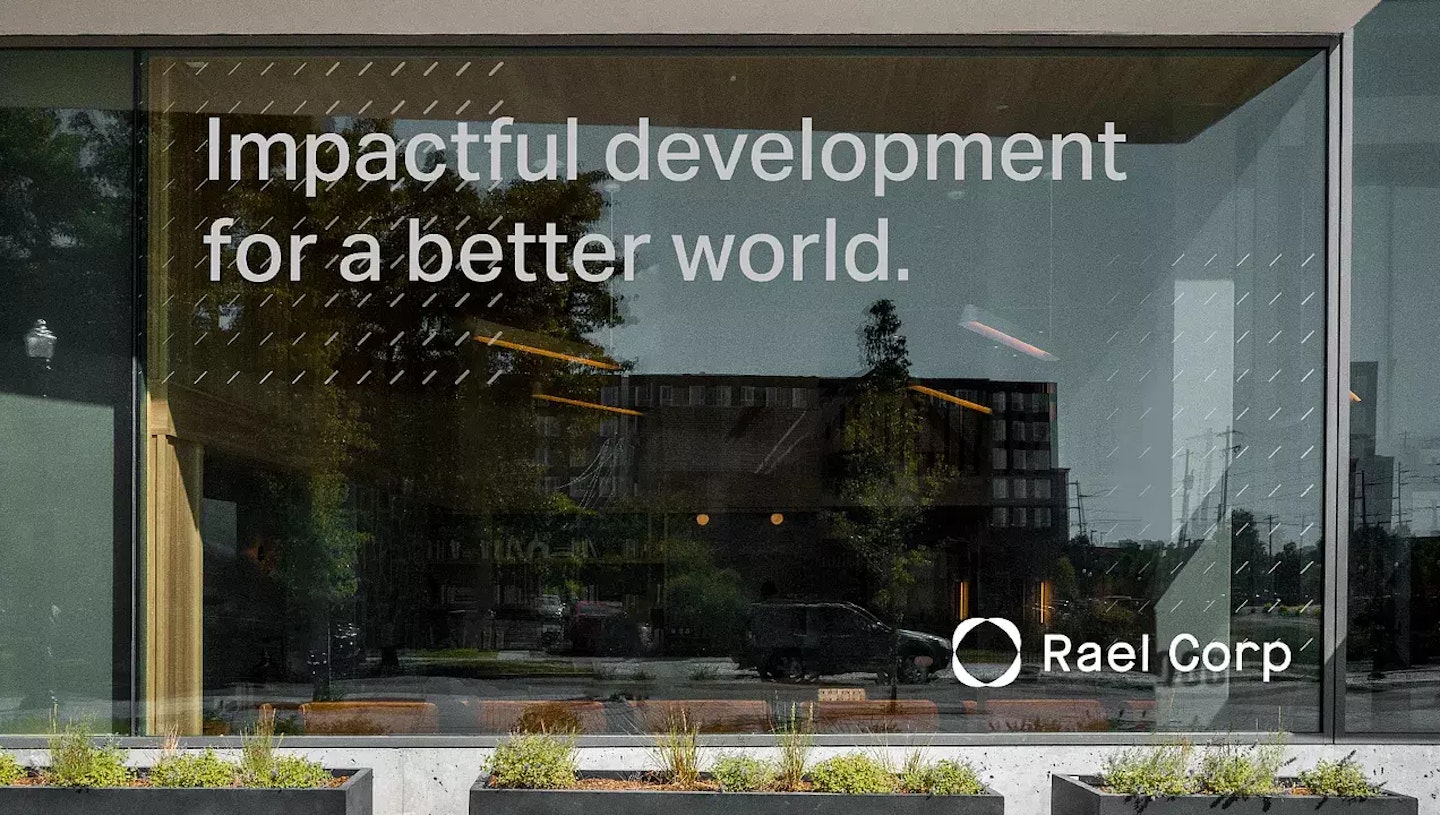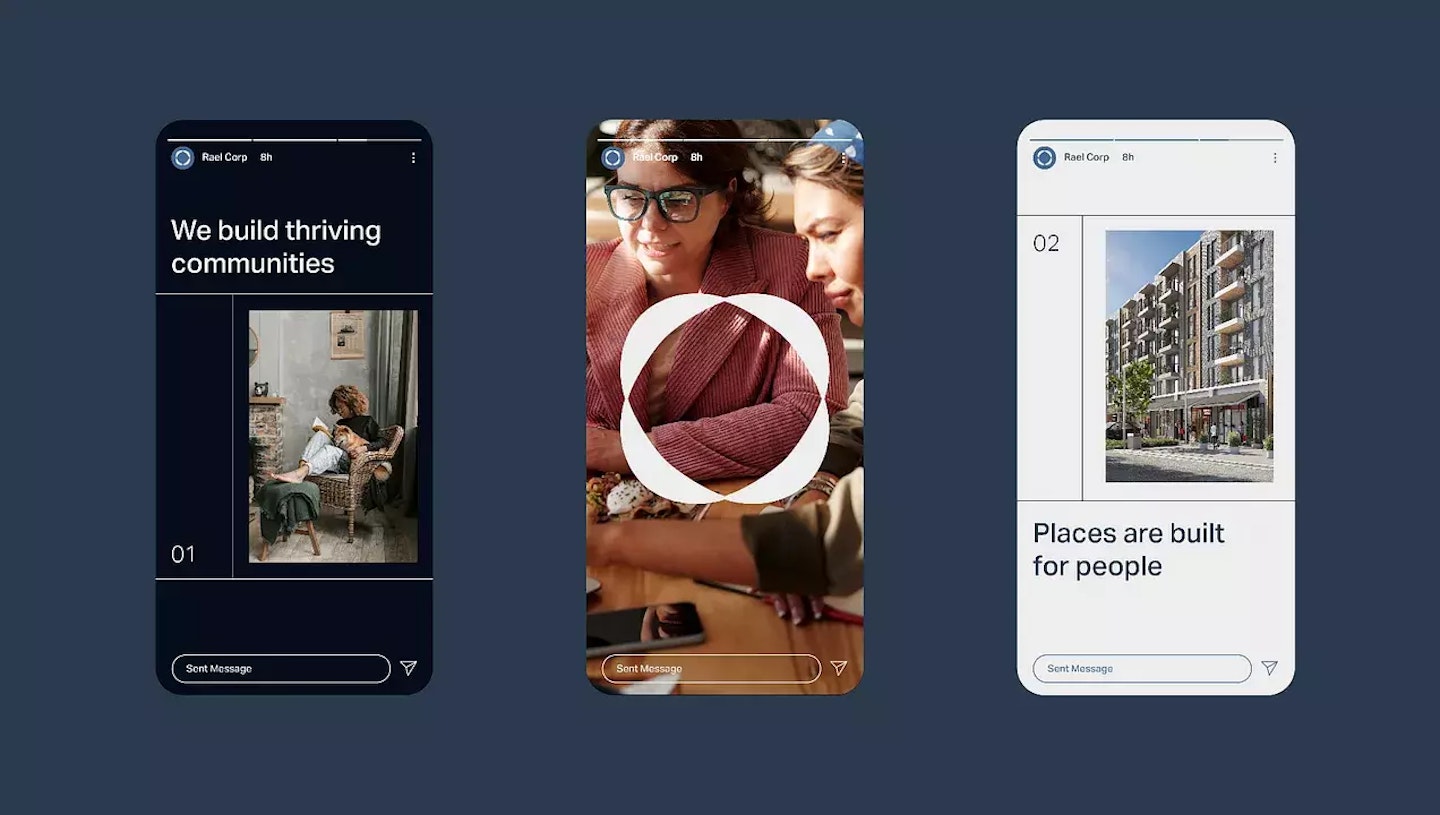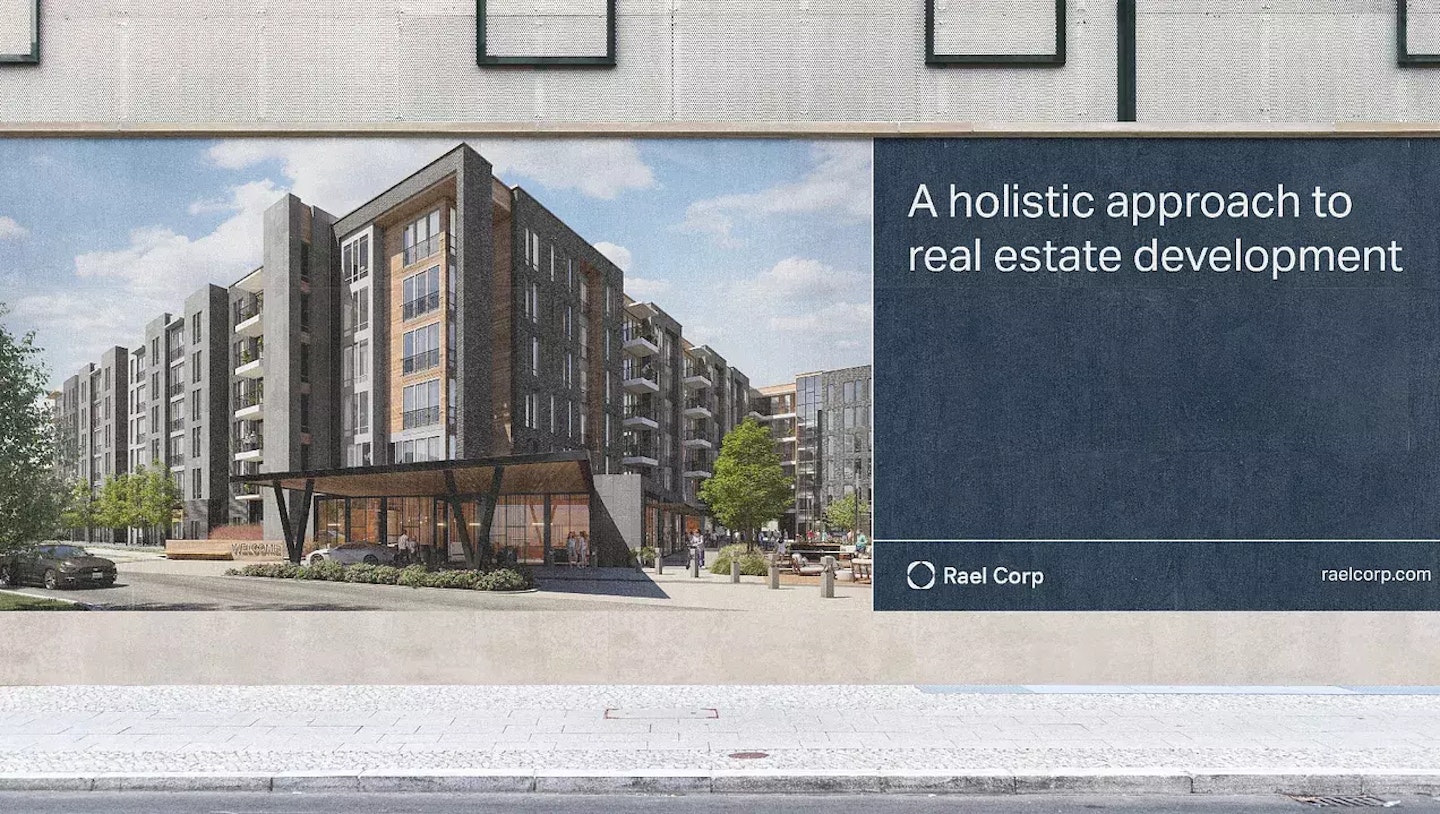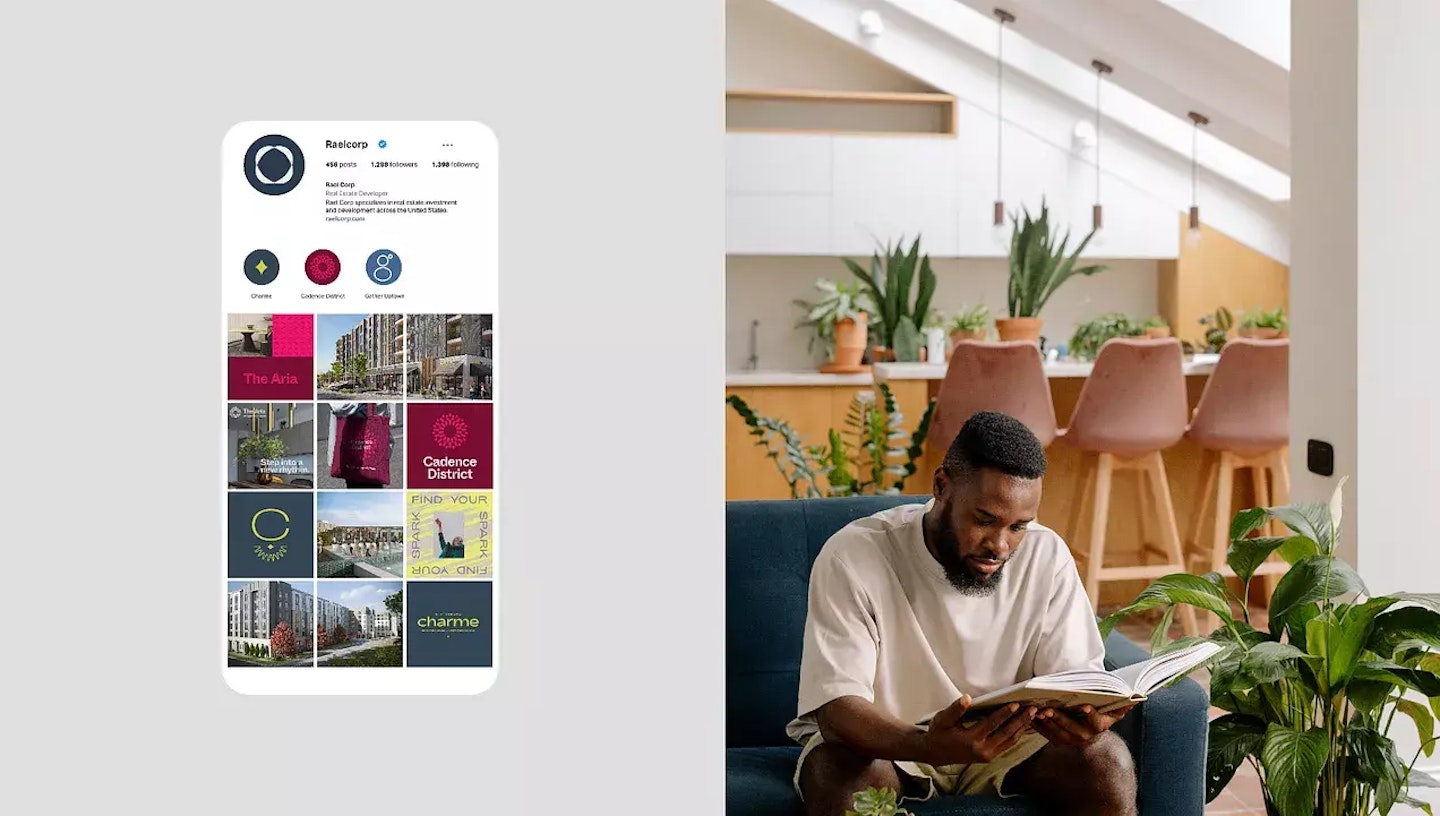
I think I know why corporate real estate branding is making a comeback.
But first, let’s briefly look at the last three years.
From 2019-2021, rental rates were ripping higher. Development was cranking at or over capacity in many markets. Overall, real estate was looking great. You could tell based on the number of gurus that surfaced alone.
(Well, office was a different story...)
Multifamily, mixed-use, industrial, and so on. Leases were flying off the shelves, and the owners and operators felt in control. And for the most part, they were.
Then late 2022 surfaced, and you know the story.
Interest rates were on the rise.
Rents remained flat in many markets.
Deals weren’t getting done on time.
Or, deals were simply dying on the table left and right.
Suddenly, the focus shifted from the Class A buildings to the groups developing those buildings.
Around this time, my team also noticed a shift in new opportunities. Instead of receiving an influx of almost exclusively project-focused deals, we saw a significant increase in corporate interest.
Their deals weren’t happening as fast, and it was clear investment needed to be made in the parent brand during the lull.
But why the change?
Pulling context from outreach, kickoff calls, and sidebar conversations, I’ve noticed a few key themes that point to why this wave started. And, why it will be critical for any regional or national player to get on board.

The oldest and most common response to why companies decide to refresh their corporate brand, narratives, and overall appearance is establishing a sense of legitimacy.
“If the bank looks us up…”
“If they need an address or phone number…”
“If a new investor really wants to do their due diligence…”
Even before today’s capital landscape, these were the main talking points for most groups. And it makes sense.
But moving forward, legitimacy will mean more than having a website with a landing page, an about us page, and a contact form.
It will mean telling a story through visuals and a narrative yielding a compelling vision that visitors will actually feel connected to.
Take Seawall, for example.
Yes, they’re a development company, but they’re so much more than that. Their leadership has ensured they’ve squeezed as much of their passion and ethos into their online presence as possible.
For them, it’s reimagining development.
It’s empowering communities.
It’s uniting cities.
It’s people-centric.
Imagine the Seawall website written as a tired, dime-a-dozen CRE website: vertically integrated something or another…
It just wouldn’t hit the same.

Knowing who you are and what you stand for is no longer optional.
I can’t tell you how often I dig through the details of a development deal only to end up on a noticeably blank LinkedIn profile.
When I look a little harder, I find a company with no contact information, no website, and no record of its existence except for an old state business registration link.
There’s a big push to remain anonymous in some development circles, but I don’t think it works this decade.
If you’re building a multifamily asset, you need to be known.
There needs to be something that informs and educates an audience. Otherwise, like me, others will wonder, “What are you hiding? What’s your deal?”
But don’t point fingers at me: this is ultimately a Gen Z push, and the longer companies keep their corporate comms on the shelf, the longer this issue will percolate for those groups.
Remember, Gen Z will be making more and more decisions in real estate in the coming decade, and their lives were built on access that the Internet gave them.
If you aren’t there, they won’t be, either.
Corporate transparency goes hand-in-hand with building projects that go further and do better. Better for the environment, better for energy usage long term, and on the whole, more thoughtful for the end user.
The next generation of renters will want – no, demand – to know where you stand more than any other generation in modern history.

An often overlooked element of investing at the corporate level has to do with recruitment. In other words, how are future opportunities for success at internal levels considered today?
More and more, we’re seeing the next wave of professionals hyper-focused on the work being done and the moral code of a company. If the projects are thoughtless, they’re not interested.
If your company is multi-dimensional or vertically integrated, and that’s all there is, I don’t think newcomers will be interested.
Recruiting may not be a hyper-focus in 2023 but think about this through the lens of the next 2-4 years.
It takes time to build brand awareness, let alone brand trust, so businesses need to consider the next seven years instead of the next 18 months. And soon.
From the way you establish your brand to how you talk about your ethos to how upfront you are about how you do deals and treat your people - it all ties back to recruiting the best possible team.
Related to the buckets above, I’m seeing more parent companies explore sub-brands that either support their greater mission or plug into a future initiative.
For example, a development company that sees the value in premium property management service and experience.
The progressive groups out there have been heavily weighing these flavors of opportunity to not only boost revenue but to also tap into the movement towards better renter experiences.
As I often say, the renter experience always starts with the brand. Investing in a brand that becomes synonymous with X, Y, and Z is a bet that many of the best are beginning to make in the industry.
A thoughtful parent brand is one thing, but an experiential-focused sub-brand is an entirely different level.
And I love to see that thinking moving into this industry.
There are many more topics to dig into with this theme, but I see this trend becoming a requirement from here on out.
Today, it doesn’t take much for people to call BS when they see it, and if companies try to stick with a corporate presence from 2015, by the time 2025 hits, those leaders will face a tough reality.
When capital remains dry, it’s time to reinvest in what will land the deals in the next chapter of the real estate cycle: brand.

Discover why boutique multifamily buildings outperform their larger competitors by focusing on curated experiences, intentional design, and emotionally resonant branding.

Discover how data-driven branding strategies can accelerate leasing, boost NOI, and turn your multifamily property's identity into a measurable performance asset.

Your brand’s reputation is built—or broken—at the leasing desk. Are you ready to unify leasing and marketing to protect it?

Remember when we all DIY dip-dyed our hair in Kool-aide and learned just because you can do it yourself doesn't mean you should? This week we're digging into the hidden costs of DIY'd branding.
A simple read in under 5 minutes, delivered to your inbox Saturday mornings.
A simple read in under 5 minutes, delivered to your inbox Saturday mornings.